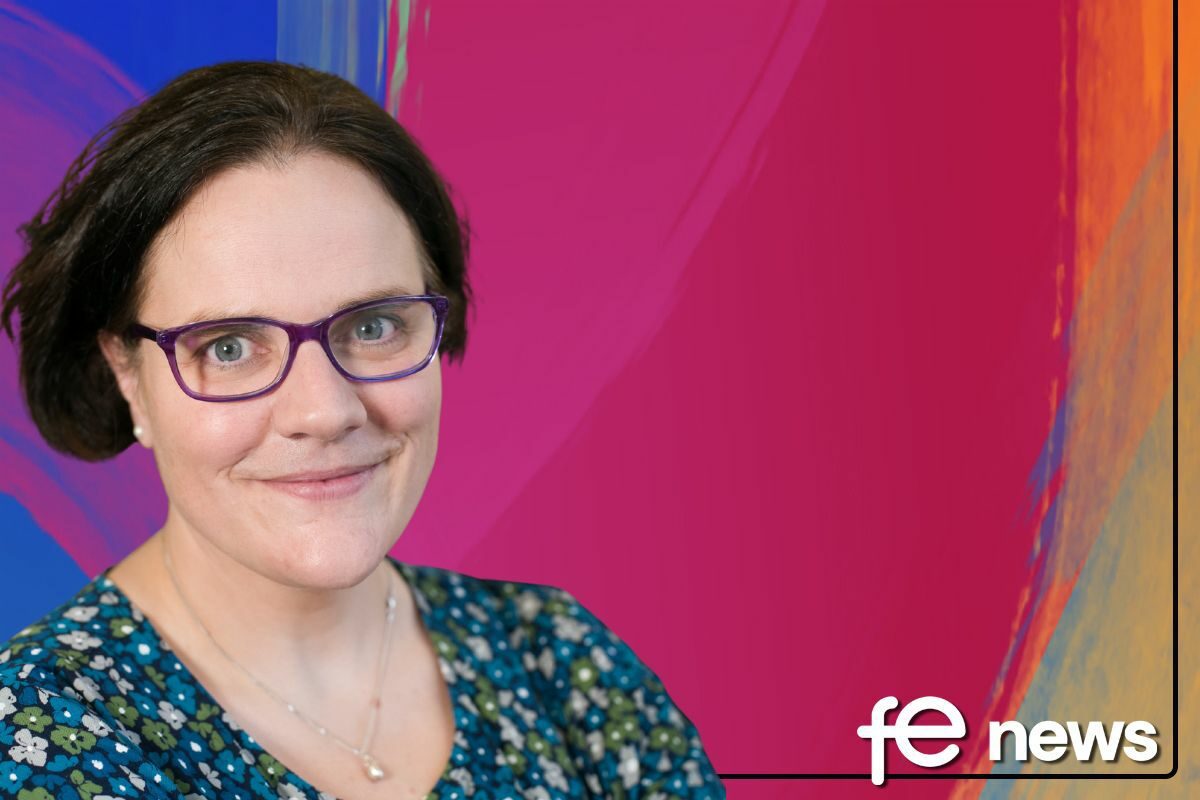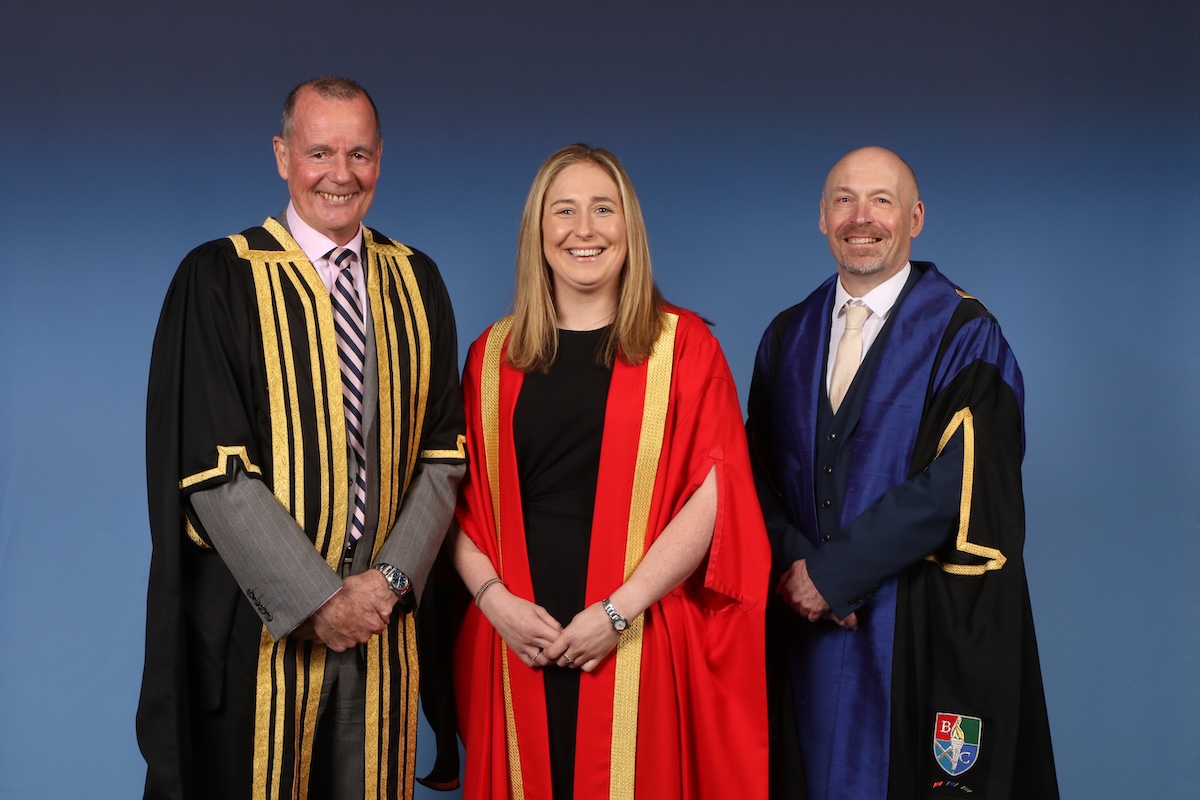“What should the new Education Secretary have in his inbox?”

As we welcome the Rt Hon Kit Malthouse MP as the new Secretary of State of Education. Dr Jo Foster, Director of the Institute for Research in Schools (IRIS), shares what she thinks the issues will be in their in-tray on their first day, and how they can go about addressing them.
There is more than one route to a fulfilling career
We must unleash the power of apprenticeships. Apprenticeships can still be seen as second-best when compared to university degree, and while progress has been made, more must be done to show how apprenticeships can be a rewarding and productive route into a successful career. This starts with supporting school staff to give students the information they need on vocational opportunities, so they can make an informed choice that is best for them.
We need to go back to basics and look again at how we can provide an inclusive pathway for students to take up apprenticeships in STEM industries and build much better local links between schools and employers. I believe that if we get this right, we can reduce the number of young adults not in education or employment and provide a boost to local economies.
Teacher wellbeing
The wellbeing of staff is paramount to a successful school and a happy, motivated students. The last two years have been incredibly tough for teachers, and we cannot go back to normal without exploring ways to support them.
To do this we need to make a teacher’s workload manageable and give them the space and time to do what they love – teach! A teacher who is passionate about their subject transmits this to their pupils and makes the classroom a positive, productive place. From our IRIS projects I have seen how giving students first-hand experience of science has boosted their interest in the topic and shown them a career in STEM is possible.
Teacher retention and recruitment
If we get teacher wellbeing right, retention and recruitment will follow. There needs to be space for professional development – teachers need time during their hectic days to feel pride in their jobs, to feel like they are improving. This year at IRIS, we released our Research and Innovation Framework to guide teachers to introduce more research practice into their classrooms. Our programmes have had had an impact on teachers, with almost half more motivated to stay in teaching after an IRIS project.
To attract more into teaching, it is critical to increase the esteem in which the profession is held – teaching is a rewarding career that requires skill and dedication and should be treated as on par with other careers such as lawyers and medical professionals.
Helping schools to support local communities
In real terms, per pupil funding this year has fallen when compared to 2021, this needs to be addressed and the education of young people in the UK requires proper investment with a multi-year plan. From my conversations with school leaders, schools require more SEND provision to support students, families and carers recover from covid and realistic funding to achieve this. The cost-of-living crisis has not left schools untouched. Schools are the heartbeat of a community and do so much more than just educate, they need to be able to continue to provide this as well as be able to heat their classrooms and feed their students this winter.
Conversations about schools should be taken away from politics– it is too important for that. There is a consensus that education should be funded properly, and all parties should commit to prioritising this. Education is the key to our future success as a nation and I worry that we are currently shortchanging our young people.
How we assess students
After the disruption of covid it is time to have a conversation of how we want assessments to look in the coming years. Condensing two years’ worth of learning into one exam is unfair and leads to greater stress amongst students. This can impact their grades and lead to long-term mental health issues.
Exams shouldn’t be the only form of assessment, we should rather lean into teacher assessment and/or the use of coursework. Some of the best education systems in the world have a very different approach to student assessment and some of these approaches should be considered. I firmly believe that exams are not reflective of a person’s aptitude and do not allow a large number of young people to show what they can do.
By Dr Jo Foster, Director of the Institute for Research in Schools (IRIS)











Responses